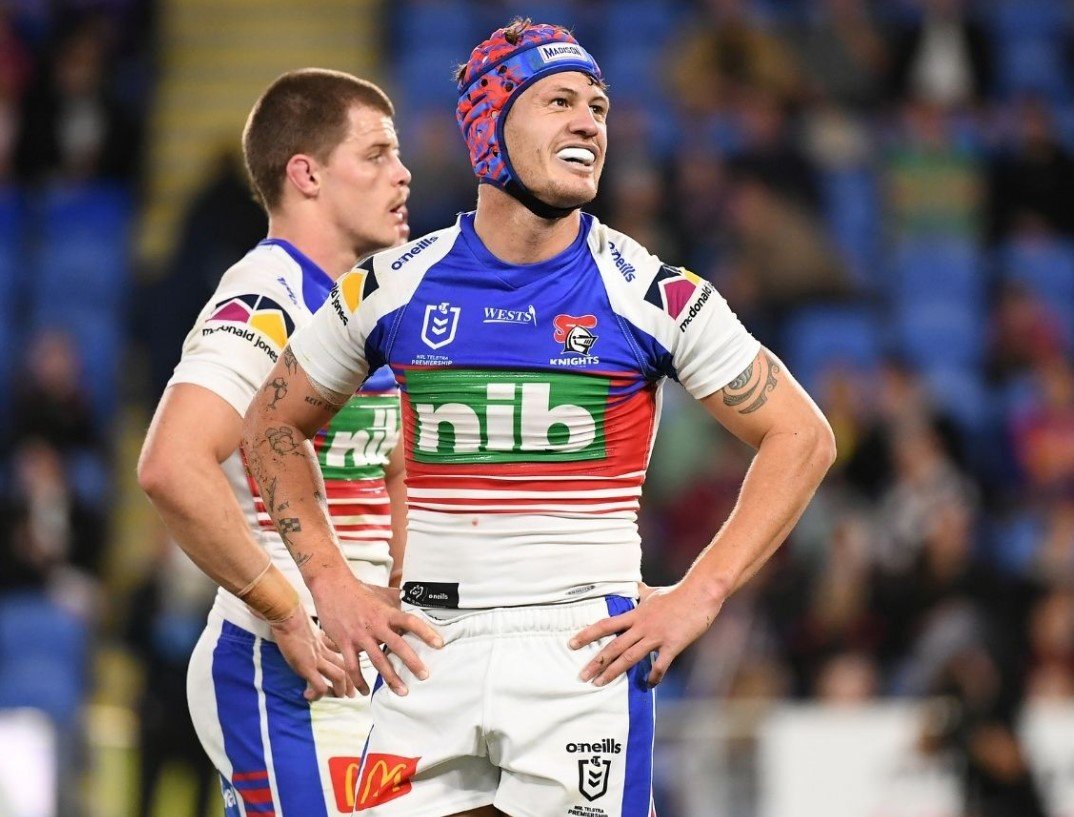In a display of sheer determination and leadership, Newcastle Knights captain Kalyn Ponga overcame a painful hip injury to lead his team against the Roosters. Despite requiring pain-killing injections to continue playing, Ponga’s efforts were a testament to his bravery and commitment to the team.
A Captain’s Courage
Ponga’s ordeal began in the 17th minute when a try-saving tackle resulted in a hip injury that would challenge any athlete. Yet, he persisted, leading the Knights’ attack and setting up a crucial try just before halftime. His resilience was not lost on coach Adam O’Brien, who praised Ponga’s toughness and ability to play through pain.

The halftime break saw Ponga receive treatment that allowed him to return to the field with renewed vigor. His second-half performance, including a break down the right flank in the dying moments, nearly turned the game in Newcastle’s favor. It was a display of leadership that inspired both teammates and fans alike.
The Impact of Injury
Ponga’s injury and subsequent bravery raise questions about the physical toll the sport takes on its players. As the captain hobbled around the field, visibly in pain, the decision to keep playing was a delicate balance between immediate impact and long-term health. The incident highlights the intense pressure athletes face to perform, even when their bodies are signaling distress.
The medical team’s role in managing such injuries is crucial, as they weigh the risks of further damage against the benefits of a player’s contribution to the game. Ponga’s situation was a clear case of pain management, but it underscores the need for careful consideration of player welfare in high-stakes situations.
Looking Ahead
With Ponga set to undergo scans, the focus shifts to his recovery and the team’s preparation for their next game. The Knights’ reliance on Ponga’s leadership and skill is evident, and his availability will be a key factor in their upcoming matches.
The broader conversation about player health and safety continues, with Ponga’s example serving as a reminder of the sacrifices athletes make. As the Knights and their captain look forward, the hope is that such instances become a catalyst for ongoing discussions about the well-being of players in the demanding world of professional sports.



































